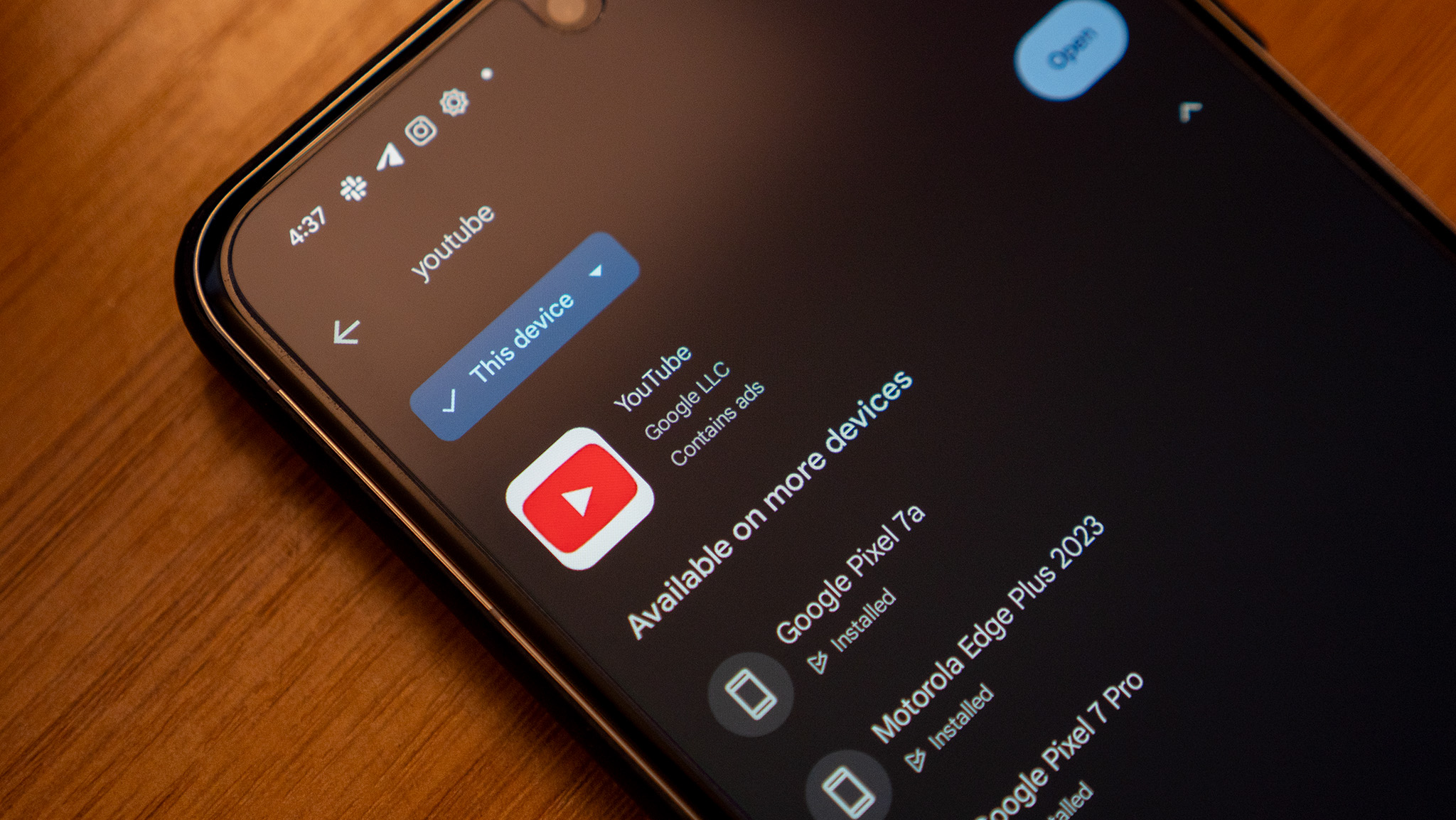Google Explains Their Meaning Of 'Open'
Get the latest news from Android Central, your trusted companion in the world of Android
You are now subscribed
Your newsletter sign-up was successful
Google has an infamous saying, "Don't Be Evil" which is incredibly simple yet loaded with layers of meaning. Obviously, it's a dig at other companies who only make profit-based decisions. It's also a company motto that makes common consumers believe that Google is an all-giving, all-good type of company. And for some, the very basis of reminding yourself to not be evil means you're inherently evil. The slogan can mean so many things to so many different people and perspectives.
Android plays a pretty big role in that "Don't Be Evil" campaign, it's a desktop class smartphone OS that is open source. In fact, one of the most attractive aspects of Android is obviously its open source nature. Companies such as HTC or Motorola can tinker with Android's open source and layer a completely fresh UI on top of it with no argument from Google.
But because of some recent questionable behavior from Google regarding its 'openness', Google felt the need to explain their stance on being open and conveniently remind us that Google is the largest open source contributer in the world. Basically, they're still not evil. Google explains the meaning of open in a lengthy blog post that's certainly worth the read but here are the pertinent Android related nuggets:
When we open source our code we use standard, open Apache 2.0 licensing, which means we don't control the code. Others can take our open source code, modify it, close it up and ship it as their own. Android is a classic example of this, as several OEMs have already taken the code and done great things with it. There are risks to this approach, however, as the software can fragment into different branches which don't work well together (remember how Unix for workstations devolved into various flavors — Apollo, Sun, HP, etc.). This is something we are working hard to avoid with Android.
It's nice to see that while Google is focused on remaining open source for Android, they're still conscious of the fact that the software may fragment and are taking steps to prevent it from happening. The fragmentation of Android is easily our biggest concern for Android in 2010 and we're hopeful that Google will deliver.
What do you guys think? Can Google be truly 'open' about Android and keep Android from fragmenting?
Get the latest news from Android Central, your trusted companion in the world of Android

